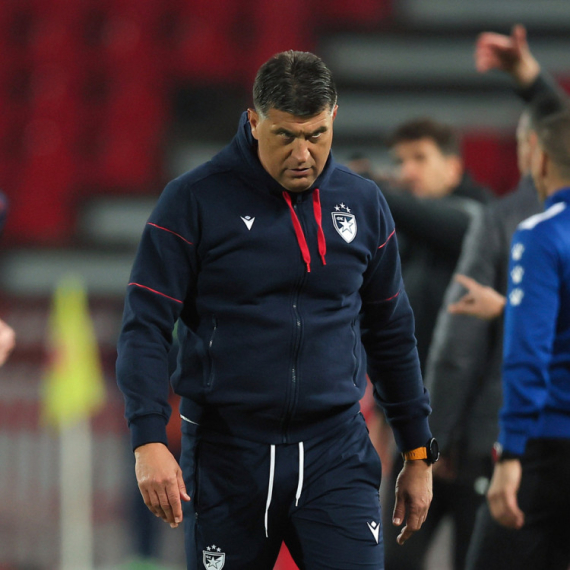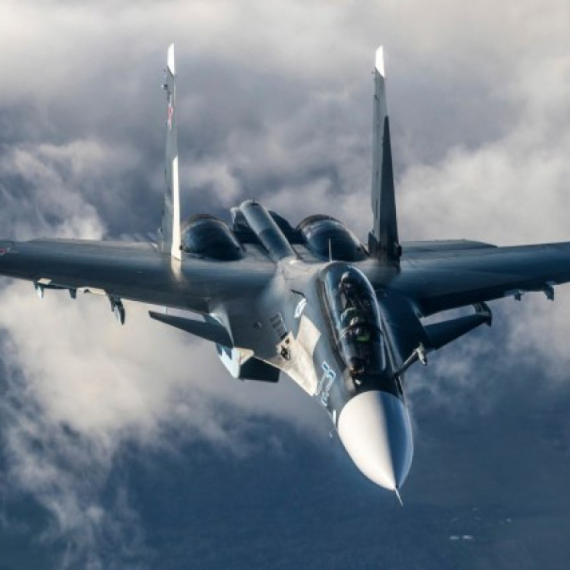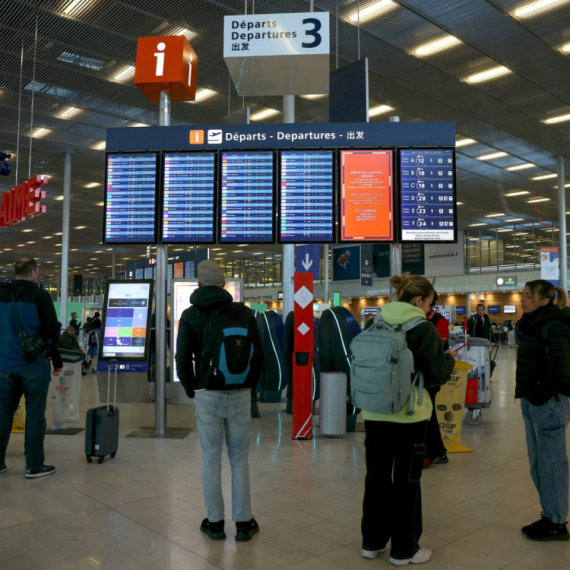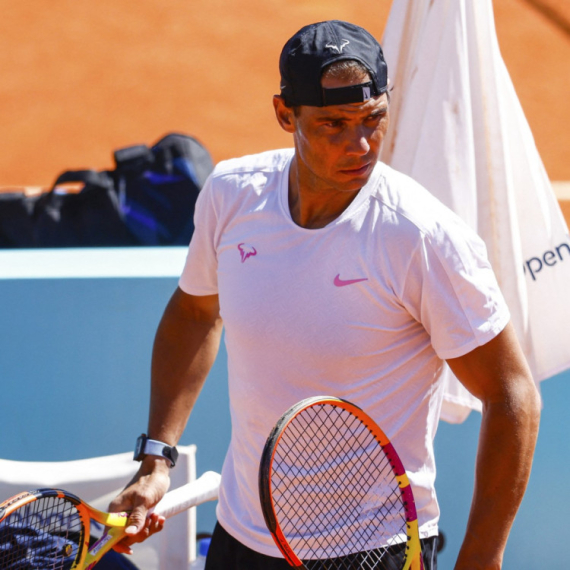Balkan rappers speak out on peace and justice
Reuters reports on the bustling ex-Yugoslav hip-hop scene.
Saturday, 25.11.2006.
12:08

Balkan rappers speak out on peace and justice
In their songs they condemn injustice and corruption. On stage they call on fans to rise and fight back."The more people listen to this music, the more they think about these problems. The more they talk about them, the more a critical mass grows," Frenkie said. "I understand (activism) as an obligation, it doesn't make sense to write about other stuff at this time."
Hip-hop was a fringe scene in the Balkans before the wars that tore the former Yugoslavia apart in the 1990s.
The musical forms that first sprang up in the successor countries during that period were a sign of the times, such as 'turbo folk', a high energy mix of techno and folk themes with lyrics extolling patriotic virtues and conspicuous consumption.
In Bosnia, the artistic heart of Yugoslavia before the war and the region that suffered most from the conflict, post-war numbness resulted in musical inertia. Until hip-hop came.
Bosnia-born Edo Maajka, the region's biggest hip-hop star, was the first to hit hard with songs focusing on the problems of the post-war society. His songs speak of traumatized ex-soldiers turned criminals, of the selfish, nationalist nouveaux riche, and disoriented youth who see no future.
"We are forced to deal with these topics because this is our reality," said Maajka. "There is no other option".
These artists have been eager to erase the emotional borders created by war, rapping in a language intelligible across the 20 million people previously grouped under Yugoslavia.
Bosnian hip-hopers cooperated well with their colleagues in neighboring Serbia and Croatia, Frenkie said and all were "a balance to kitsch, turbo folk and old wasted rockers."
Some artists are mobile, like Maajka who lives in Croatia. Others, like 24-year old Marko Selić, aka Marchello, Serbia's biggest hip-hop star, command respect across the region thanks to catchy songs broadcast on regional networks like MTV Adria.
"I believe I represent the common people, but with an added poetic dimension," Marchello said.
"What we're offering is an alternative to MTV and to American hip hop. Our fans are not looking for a gold chain and a gold tooth. They already have that in turbo folk, so hip hop is seen as something rebellious outside the slimy mainstream".
Feđa Dimović, the frontman of the Beogradski Sindikat hip hop collective, said their songs were a message to Serbia's youth to build a better future, away from the attitudes that made the country an international pariah in the 1990s.
"My first song was against (former president) Slobodan Milosevic," Dimović said. "I want my generation to draw the line and build a new Serbia. Our messages are more social than political, we are for the little man, the one who suffers".
Themes are similar across the hip-hop scene in the region. In Kosovo, where ethnic tensions still run high, ethnic Albanian group urbaNRoot rap for tolerance and against corruption.
"We want to change the way people are thinking in Kosovo," said 24-year old frontman Burim Kursani, alias Bimi. "We are fighting the enemy inside. People here have no more love, respect and justice for each other."
Brano Jakubović of Bosnian group Dubioza Kolektiv says music activism in his country boomed in the runup to the October election, fighting against nationalism and corruption along with youth groups and non-governmental organizations.
"The front exists although it's a guerrilla fight, because politicians are untouchable, like fighting ninjas," Jabuković said. "Music can't directly change things but it can initiate changes. Music pushes the stone from the hill, then it rolls on."
















Komentari 1
Pogledaj komentare